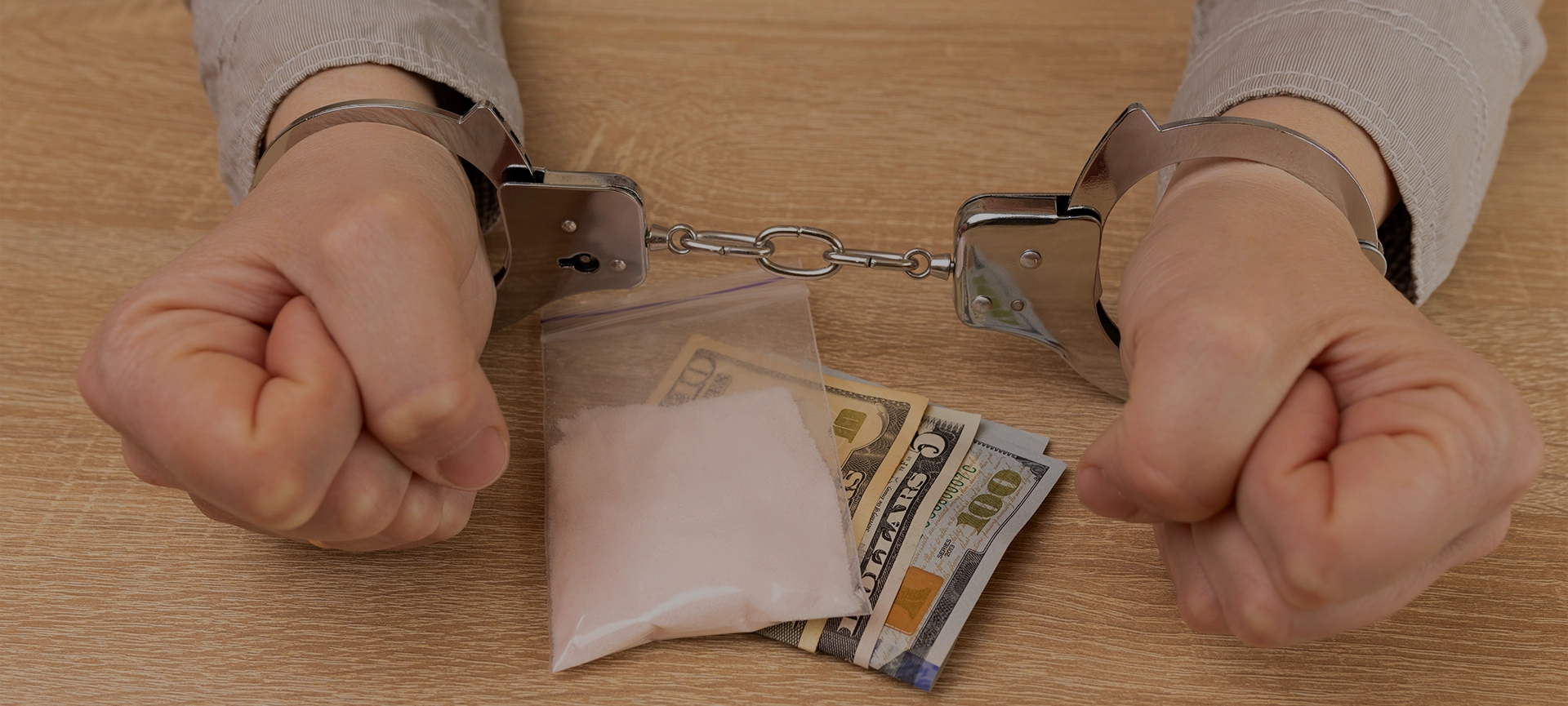The issue of trial fairness underscores a recent New Brunswick Court of Appeal decision that overturned a first-degree murder conviction in the 2015 death of an 18-year-old man.
In Shephard v. R. 2019 NBCA 76, which was released on Oct. 24, the province’s high court held that “the trial judge committed various errors of law in his charge to the jury and in allowing the jury to hear and consider inadmissible and highly prejudicial evidence.”
[…]
Ottawa criminal defence lawyer Michael Spratt, a partner at Abergel Goldstein & Partners LLP, said that under the rules of cross-examination set out by the British House of Lords in Browne v. Dunn [1893] J.C.J. No. 5 (H.L. Eng.) (QL), “if you are going to make a submission to a jury or challenge an accused’s credibility or put a spin on an accused’s evidence, an accused should be given an opportunity to address that. A trial shouldn’t be a game of ambush.”
In Morningstar’s statements that were presented unfiltered to the jury, he said that Shephard struck Wylie’s friend across the face with a broomstick a day before his murder; that Shephard “liked bad boys;” and that her father was a member of the Hell’s Angels. “That had nothing to do with the case, but the jury may very well have decided it not because of the acts she did or didn’t do, but because of who she was as a person,” said Spratt.
[…]
Although Shephard shines the spotlight on the prosecution’s conduct during the trial in “over-reaching and relying on arguments based on bad character,” the ruling provides important takeaways for lawyers defending the accused too, said Spratt.
“Defence counsel needs to be vigilant against the introduction of irrelevant and prejudicial character information and needs to object when Crown counsel crosses a line in their closing submissions,” he explained. “And, defence counsel needs to be fearless in calling out judges when they’re providing incorrect instructions to a jury.”
[…]
Read Christopher Guly’s full article: The Lawyer’s Daily




